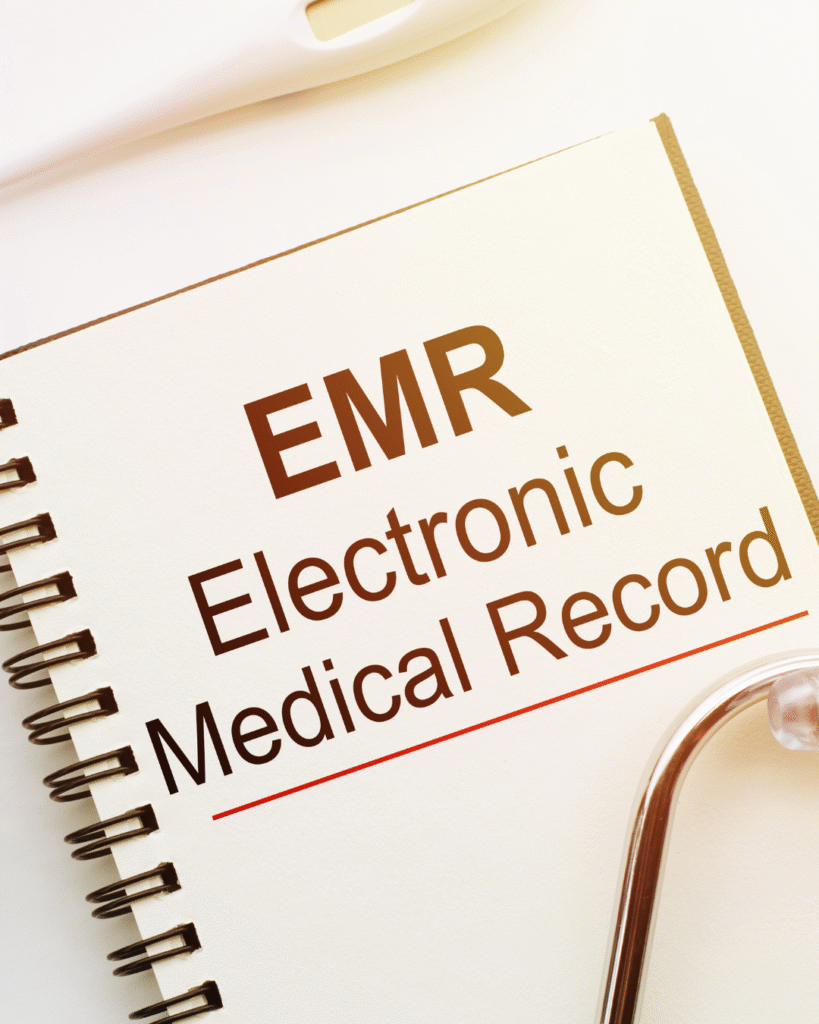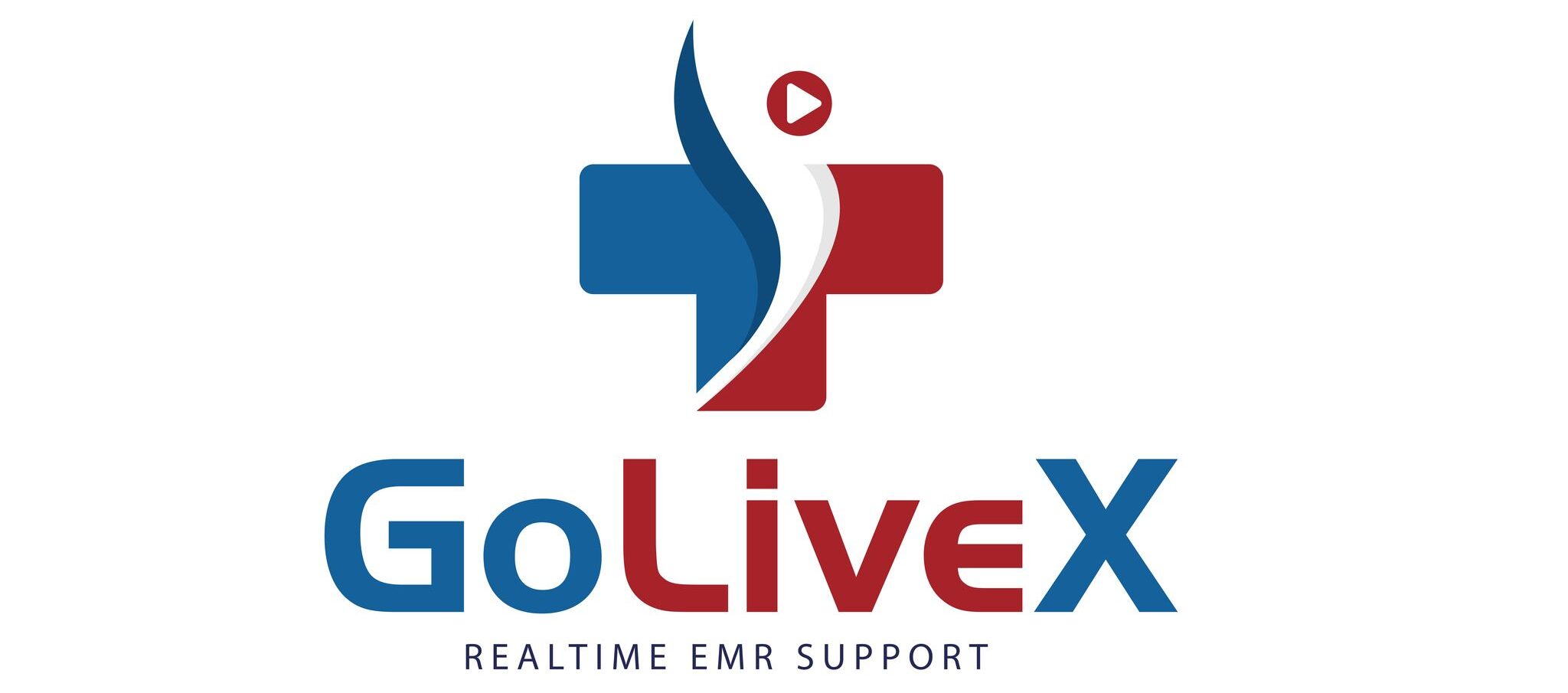Raw voices, unfiltered truths straight from the people who use EMRs in the heat of care.

“I spend half my shift typing. The other half, I’m trying to catch up on patients.”
—ER Nurse, Midwest
There’s a quiet storm in hospitals today, one summoned not by weather, but by screens. Behind every click and dropdown, clinicians carry stories of hope strained by keystrokes and compassion tested by code.
1. Nurses: Charting Burnout Beneath the Beeps
In a recent national survey, 92% of nurses confessed that EMRs have eroded their job satisfaction, turning charting into a full‑time burden (nurse.org). They speak of eyes glued to monitors, of rounding rooms with heads down, and of the ache when a patient’s whispered thanks collides with the next mandatory field.
“I used to connect with Grandma Jenkins on the floor. Now I only see her through a search bar.”
—Medical‑Surgical Nurse, Southeast
Their wish list shimmers with humanity: voice‑enabled documentation to free their hands, modular dashboards that let them breathe between vitals, and mobile‑optimized interfaces to chart at the bedside where nurses truly belong (accessnewswire.com).
2. Physicians: The Inbox That Never Sleeps
Physicians, too, feel the weight. Between clinic doors and operating rooms, they return to inboxes overflowing like midnight tide. The AMA’s EHR grant program names burdensome systems as a leading cause of burnout, echoing calls for redesigned message flows and user‑composable displays to ease the load (ama-assn.org).
“I’m a healer, but some days I feel more like a data clerk.”
—Hospitalist, Northeast
They long for AI scribes that capture empathy in their notes, for predictive alerts that preempt crises without drowning them in false alarms, and for training that honors both human and technical elements so the technology serves, rather than steers, the care journey uperform.com.
3. Whispers from the Front Line
In the dim glow of the ICU at 2 AM, a critical‑care nurse pauses as an EMR alert flickers: “Check lactate levels.” It’s precise. It’s prompt. But it isn’t comforting.
“The machine can’t hear the fear in my voice or the tremble in my hand.”
—ICU Nurse, Pacific Northwest
Surgeons, too, feel the disconnect. Their scrawled notes once carried the weight of life or death; now their every instruction must navigate menu after menu.
“I miss the sweep of pen on paper, the poetry of the plan.”
—Cardiothoracic Surgeon, Southwest
4. Lessons from the Heat of Care
Yet, beneath the friction, there is hope:
- Co‑Design in the Trenches: Hospitals that invite nurses and doctors into EMR redesign workshops find solutions born of real shifts and real scars.
- Micro Upgrades, Macro Impact: Simple changes like consolidating alerts or enabling bedside charting can reclaim 15–20 minutes per shift for face to face care.
- Empathy‑First Interfaces: When EMRs speak human using conversational prompts, clear warnings, and fewer clicks, clinicians report feeling not just used by technology but partnered with it.
In the end, it’s not about flawless code or glossy dashboards. It’s about the whispered prayers in the wards, the stories etched in every chart entry, and the simple truth that people remember how it made them feel, not how it functioned.
As EMRs evolve in 2025, may they carry forward these whispers transforming burden into blessing, clicks into compassion, and screens into sanctuaries.
